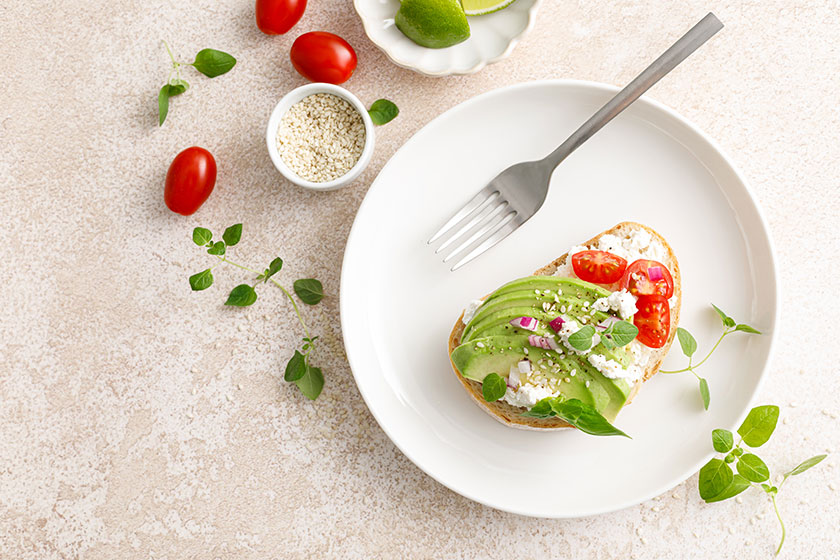Adopting a vegan lifestyle can bring numerous health benefits, especially for residents of senior homes in Coatesville, PA. Whether it’s for ethical reasons, health improvements, or environmental concerns, switching to a plant-based diet can be a positive change. However, there are several important factors to consider ensuring the transition is both enjoyable and beneficial.
Understand Nutritional Needs
As we age, our nutritional needs change. A vegan diet must be well-planned to meet these needs, ensuring it is rich in vitamins, minerals, proteins, and other nutrients essential for senior health. Consider consulting with a healthcare provider or a dietitian who can offer guidance and ensure that your new diet includes adequate amounts of vitamin B12, calcium, iron, and protein.
Start Slowly
Transitioning to a vegan lifestyle doesn’t have to be abrupt. Start by incorporating more plant-based meals into your diet gradually. Replace meat with legumes, tofu, or tempeh in your favorite recipes, and increase the variety of fruits, vegetables, nuts, and seeds you eat. This gradual change can help your body adapt more easily and make the transition more sustainable.
Explore New Recipes
A common misconception about veganism is that it is restrictive. However, countless vegan recipes are delicious, nutritious, and satisfying. Explore cookbooks, online resources, and cooking classes that focus on vegan cooking. Experimenting with new recipes can make the transition exciting and help you discover new favorite dishes.
Check for Dietary Restrictions
Before starting a vegan diet, it’s crucial to check for any dietary restrictions or allergies. Some individuals might be allergic to nuts, soy, or other common ingredients in vegan meals. Tailor your diet to avoid any problematic foods while still meeting your nutritional needs.
Communicate with the Facility
If you live in a senior home, communicate your dietary changes to the community team. Most senior homes in Coatesville, PA, are equipped to accommodate various dietary requirements. Discuss your specific needs and preferences with the kitchen team to ensure they can provide suitable vegan options for your meals.
Supplement Wisely
While a well-planned vegan diet can provide most of the nutrients you need, some older adults may require supplements to meet their nutritional needs fully. Vitamin B12, for example, is crucial for nerve function and blood cell formation but is primarily found in animal products. Discuss with your healthcare provider about supplements that might be necessary for your health.
Stay Hydrated and Active
Maintaining hydration is essential, especially when increasing your intake of fiber-rich foods. Drink plenty of water throughout the day. Pairing your new diet with regular physical activity can also enhance your health and well-being, contributing to a more vibrant lifestyle in your senior home.
Social and Emotional Considerations
Adopting a new eating lifestyle can be a significant change, impacting not just your health but also your social and emotional well-being. Share your experiences and challenges with friends, family, or fellow residents who might also be interested in a healthier lifestyle. Support can make the transition smoother and more enjoyable.
By considering these factors, residents of senior homes in Coatesville, PA, can successfully adopt a vegan lifestyle. With the right planning and support, you can enjoy the myriad benefits of plant-based eating while catering to your changing nutritional needs.







